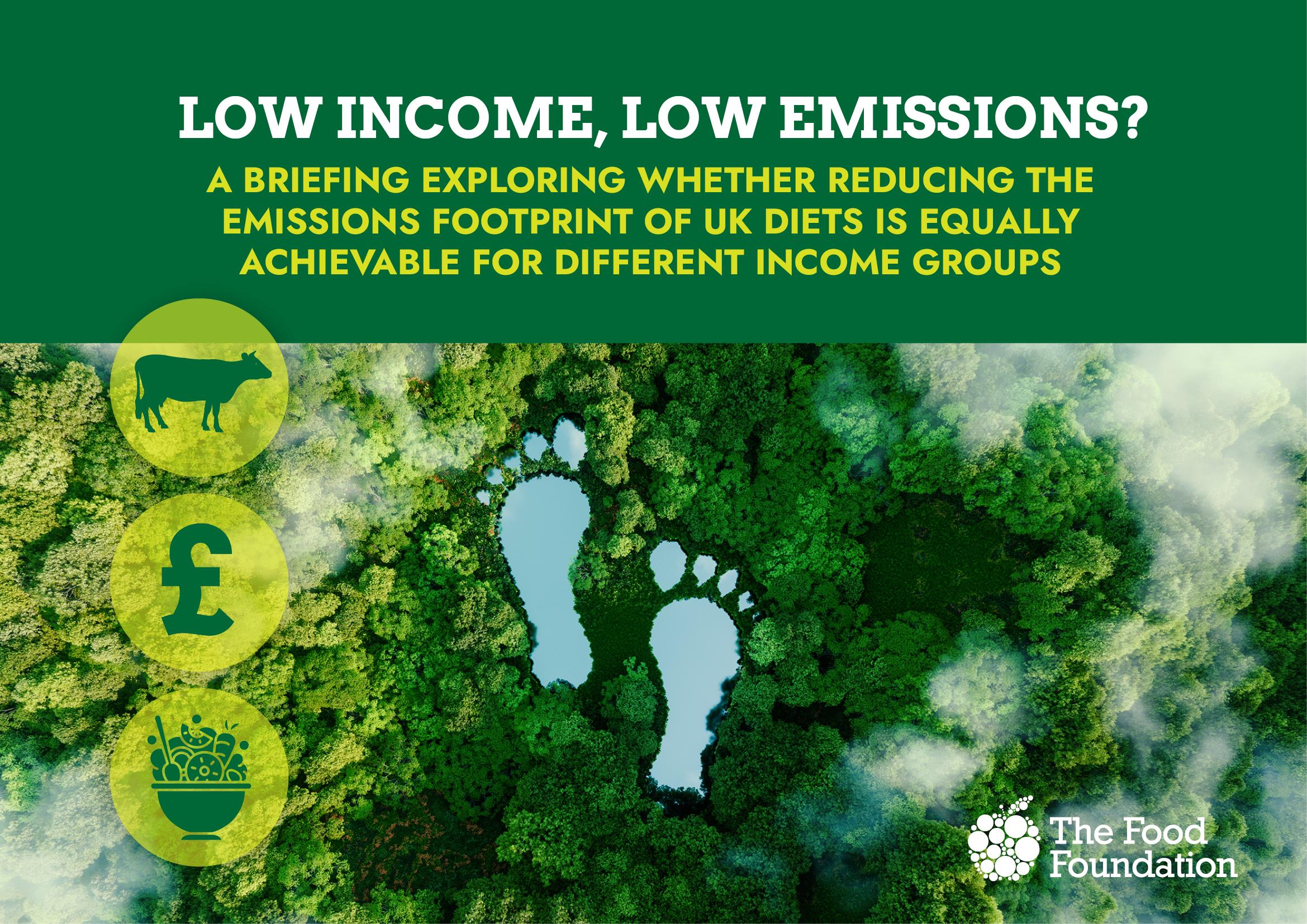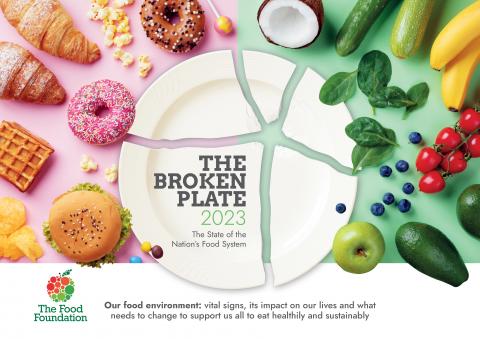
Low income, low emissions? Is reducing the emissions footprint of UK diets achievable for different income groups?
The Climate Change Committee recommends that in order to reduce UK greenhouse gas emissions (GHGEs) to Net Zero we need to urgently transition diets so that we are:
- Eating a healthy diet with less animal-based food
- Eliminating food waste as far as possible.
These two strategies are important given their impact on diet-related GHG emissions. Our latest briefing finds that:
- While modelling studies suggest that in theory low emission diets can be affordable, in practice such diets can be more costly than current diets and are often inaccessible for low income households.
- Plant based meat and dairy alternatives currently come with a price premium, while vegetables are an expensive source of calories in comparison to animal foods.
- Pulses and legumes offer an affordable, lower emission alternative to meat, with purchases not patterned by socio-economic status. The main barrier to increased consumption of pulses is a lack of appeal and accessibility.
- The evidence on income level and food waste is weak, and it is not clear to what extent household food waste is patterned by socio-economic status with further research required.






